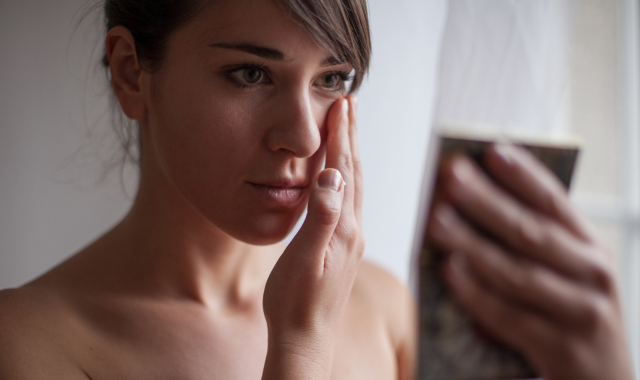
The effects of delayed turnover on the skin
Share
As you age, you may experience changes in your skin such as wrinkles and sagging skin.
There is a close relationship between aging skin and cell turnover, and it is true that changes in the skin turnover process have a significant impact on the skin.
To know if your skin is slowing down, it's helpful to look out for some signs and symptoms.
[What are the possible symptoms of delayed turnover?]
1. Dullness and Uneven Skin Tone
When turnover slows, dead skin cells and waste products tend to remain on the skin, which can cause dullness and uneven skin tone.
2. Clogged pores and blackheads
When turnover is not normal, dead skin cells can easily accumulate in the pores, which can lead to blackheads and clogged pores.
3. Roughness or roughness of the skin
If the process of new cells replacing old ones is delayed, the surface of the skin may feel rough or coarse.
4. Increased acne and breakouts
Dead skin cells can clog pores, which can lead to inflammation and acne. If your skin is not turning over properly, these problems can increase.
5. Dry or rough skin
If old dead skin cells remain on the skin, moisturizing ingredients may not penetrate the skin as easily, making the skin more prone to dryness and roughness.
6. Increased wrinkles and sagging skin
When cell turnover slows, the production of new cells decreases and skin elasticity decreases, which can result in increased wrinkles and sagging skin.

[What is the routine to normalize turnover?]
1. Proper face washing
Use a gentle cleanser that is not too harsh and does not irritate the skin. Proper cleansing will keep your skin clean, but it will help prevent stripping away your skin's natural oils.
2. Moisturizing
Properly moisturizing your skin is important: use a moisturizer or product that contains ceramides to help lock in moisture and support the skin barrier.
3. Exfoliation
Light exfoliation removes dead skin cells and encourages the production of new cells, such as using a physical scrub or chemical peel, but avoid overuse.
4. Use of Vitamin A Derivatives (Retinoids)
Retinoids promote cell turnover and are also effective in improving wrinkles and sagging skin. However, it is important to follow the instructions of a doctor or specialist when using them for the first time.
5. Proper nutrition
A balanced diet that includes vitamins and minerals contributes to healthy skin, especially vitamins A, C, and E, which affect cell turnover.
6. Take appropriate measures against sunlight
Take appropriate measures to protect your skin from UV rays, which can accelerate skin aging and inhibit skin turnover.
7. Get enough sleep
Adequate sleep is important for skin regeneration and repair, so make sure you're getting enough rest by maintaining a regular sleep pattern.
8. Stress Management
Stress can affect the condition of your skin, so it's important to incorporate relaxing and stress-reducing activities.
The delay in turnover varies depending on the individual's skin type and condition, as well as the severity of each symptom. In addition, skin condition is also affected by seasonal and lifestyle changes, so it is difficult to generalize. However, by continuing to use the right skin care methods, including moisturizing, you can bring turnover closer to normal and maintain healthy, beautiful skin, so please stick to your daily routine as much as possible.


